We have known for decades that the young people most at risk of dying by suicide are LGBTQ+ youth who have been rejected or completely abandoned by their families and communities because of their sexuality. PRIDE is saving lives. Teens and young adults can see the love and support around them—even if their families or faith communities have rejected them. Having a voice, both inside and outside their families, is not just an innate right; it’s a life-enhancing, life-saving development. People who are actively and vocally accepting of all genders, sexualities, and identities are helping to heal our society of deep-seated hatred and fear. Especially now, with bigoted voices rising again, we must show others that they are loved and accepted for who they are.
A point I make to anyone who still harbors prejudice or resistance to the all-embracing PRIDE banner is this: “You know that you most likely love someone who is LGBTQ. They just can’t tell you—and that is a real loss.”
My good friend and colleague, Nancy Rappaport, MD, Assistant Professor of Psychiatry at Harvard Medical School, sparked this line of thinking in me. I had called her, overjoyed that the U.S. Supreme Court had upheld the right for all citizens to marry. I said, “Nancy, with all the prejudice and hate we still have, I’m happily shocked that we’ve embraced marriage equality.” She made a wise observation: prejudice often festers when people have little or no contact with the races, creeds, or identities they fear—“But everyone knows and loves someone who is LGBTQ+.”
I believe she is right. And I believe we still have much more work to do to make our culture truly caring and inclusive.
When I was a teen and young adult, no one I knew was “out” as gay, lesbian, or bisexual—even though I was part of a very inclusive group, where several friends and professors were gay. It was a deeply repressed culture in most areas of America.
Watching Rocketman, the great musical film about Sir Elton John’s life, with two young members of my family, reminded me of the time before PRIDE—when shame and denial were common. Elton couldn’t express pride, or even discuss his sexuality, without fear of real rejection and professional reprisal, even while topping the charts. The movie depicts his suffering and depression, his complete rejection by his father, and the terrible treatment he endured from his mother and others because he was “a fairy.”
I remember living in that world of deep prejudice. Only 35 years ago, there was no pride, no rainbows, and very little hope that young teens discovering their sexuality would be safe or loved. I talked to my younger family members about how, in my Catholic high school, it was acceptable to bully LGBTQ+ teens. It was terrible to witness and feel almost powerless to help my friends. They were as shocked to hear about that open hostility as I had been when my parents spoke of segregation and intense racial hatred in their youth. It seemed impossible. And yet, both racial equality and LGBTQ+ equality are not guaranteed.
We must keep celebrating. We must keep calling out inequities, inappropriate language, and cruel “jokes” to keep our sisters, brothers, and gender-fluid friends safe and cared for.
The fact that PRIDE is celebrated for the entire month of June makes me smile—and gives me hope that fear and hatred will not win. Maybe one day, our society will advance to a place where everyone has the right to live authentically, without a constant battle for basic human rights.
Maybe one day soon?
Until then, the Rainbows have it.
